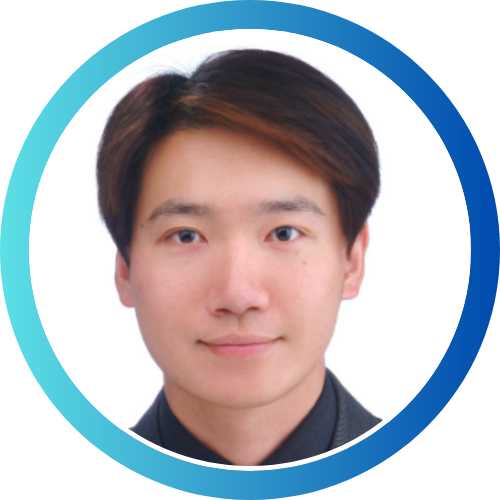


Dr. Chen is a Distinguished Professor of Engineering Science at National Cheng Kung University, Taiwan. He is included in the career ranking of the TOP 2% of scientists in the world for 2021-2024, published by Stanford University (USA). He received his PhD from Information Management from National Chiao-Tung University in Taiwan. His current research interests include artificial intelligent, soft computing, data mining, deep learning, context-awareness, machine learning, and social network mining with more than 200 publications in these areas. He has co-edited several special issues in International Journals (e.g. IEEE Transactions on Engineering Management, IEEE Access, ACM Transactions on Management Information Systems, ACM Transactions on Sensor Networks, Computers in Human Behavior, Applied Soft Computing, Soft Computing, Information Fusion, Journal of Real-Time Image Processing, Sustainable Cities and Society, Neurocomputing, Supercomputing, Enterprise Information Systems, Journal of Medical and Biological Engineering, Computational Economics). He has served as Associate Editor of international journals [e.g. IEEE Transactions on Engineering Management, IEEE Access, Applied Soft Computing, Granular Computing, Human-centric Computing and Information Sciences, Journal of Information Processing Systems, International Journal of Social and Humanistic Computing] while he is an editorial board member on several SCI journals.
Title: TBA
Abstract: TBA